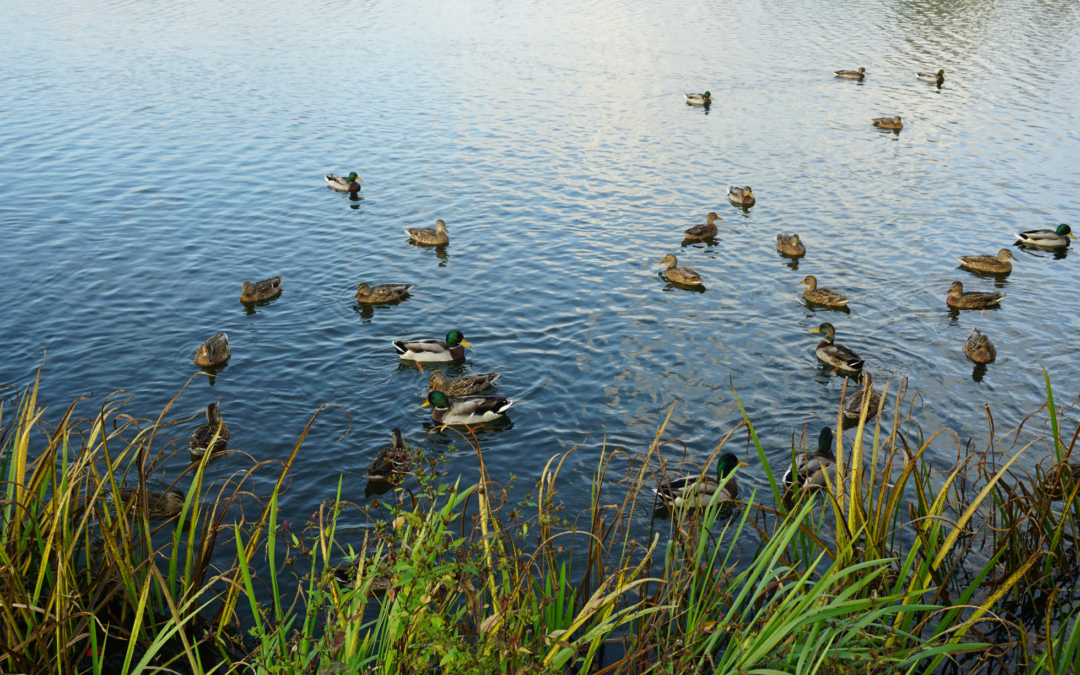
by electriclemonade | Jan 31, 2025 | Detention Pond, Retention, Stormwater Management
Retention ponds play a critical role in managing stormwater runoff, reducing flooding, and supporting local ecosystems. Maintaining a natural shoreline around your retention pond offers numerous benefits beyond just aesthetics! Our stormwater experts believe these are...
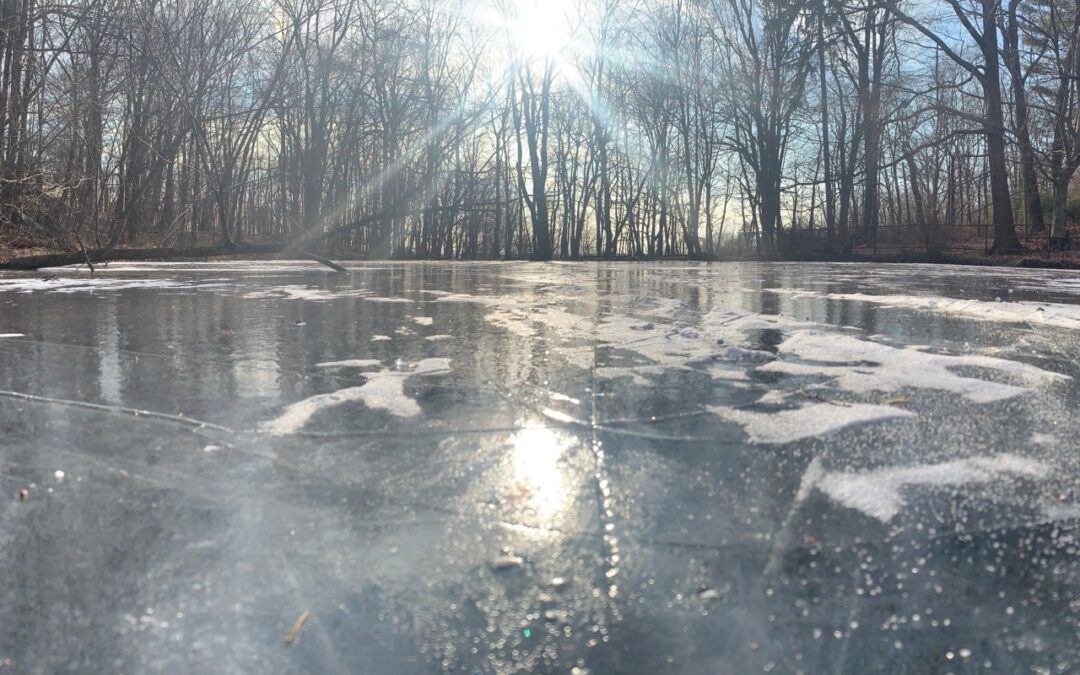
by electriclemonade | Jan 3, 2025 | Detention Pond, Retention, Stormwater Management
Winter weather doesn’t pause the need for proper stormwater pond maintenance! In fact, in some cases, some winter conditions make pond management even more important. In Georgia, winter temperatures can vary significantly across the state; in January (the coldest...
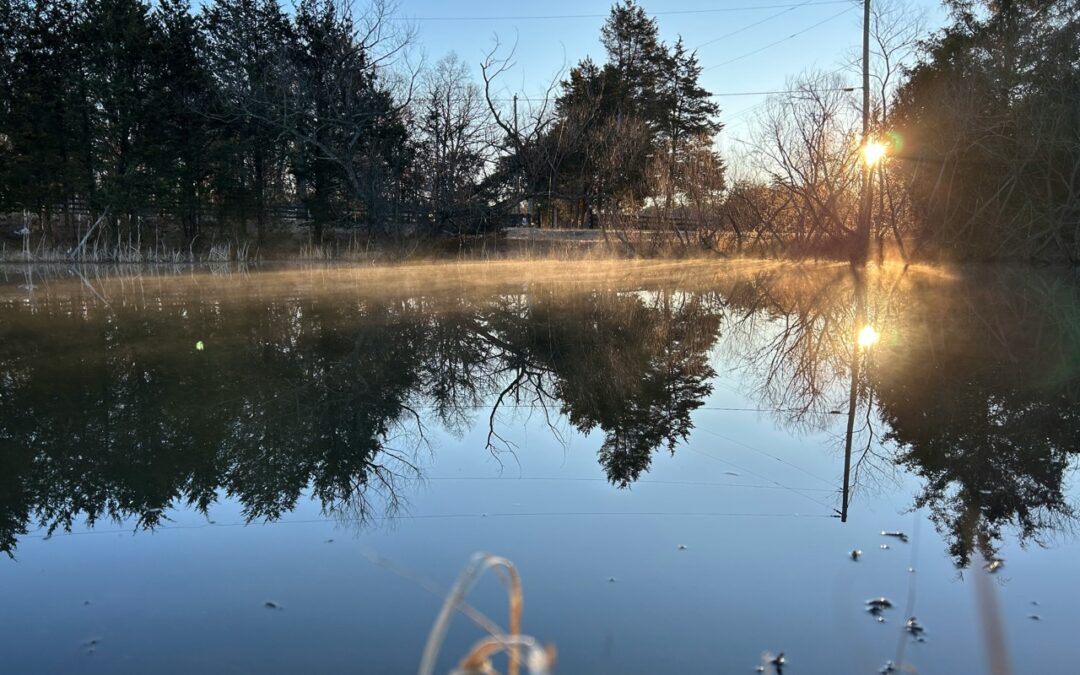
by electriclemonade | Dec 20, 2024 | Detention Pond, Retention, Stormwater Management
Retention ponds are a vital part of stormwater management in Georgia, especially for homeowner associations (HOAs) and property managers. These ponds not only control runoff but can also help protect the environment by filtering pollutants and stabilizing soil....
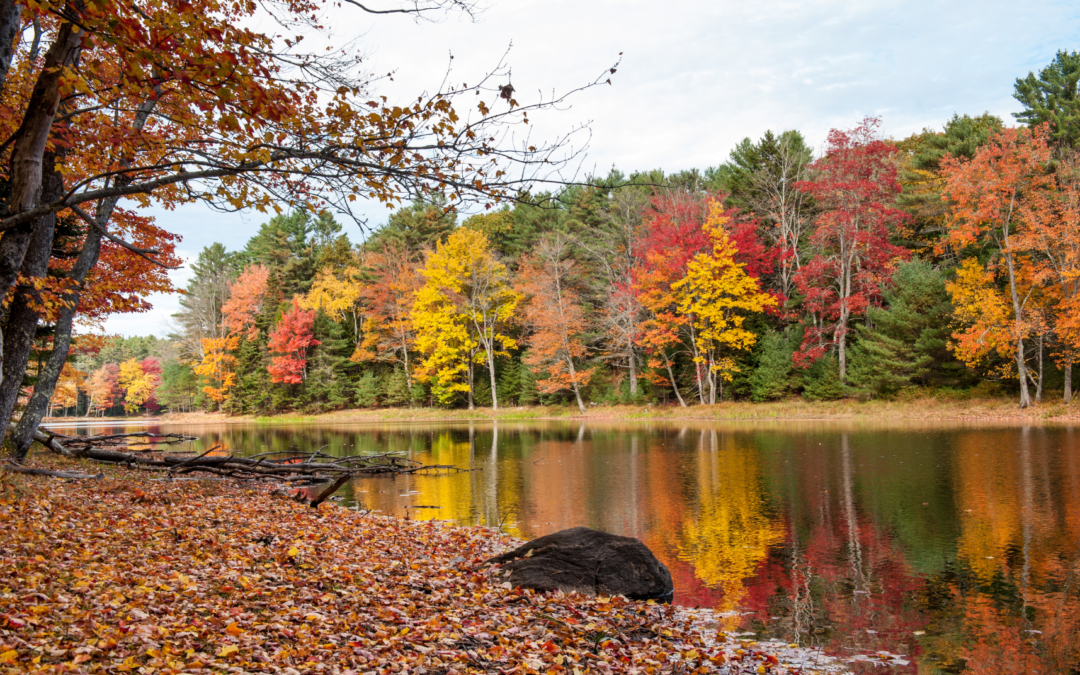
by electriclemonade | Nov 15, 2024 | Detention Pond, Retention, Stormwater Management
Fall offers more than just stunning scenery: it’s an ideal season for tackling retention pond maintenance. Falling foliage can clog stormwater systems, increase sediment buildup, and obstruct pond inlets and outlets – but fall is also a great time to tackle...
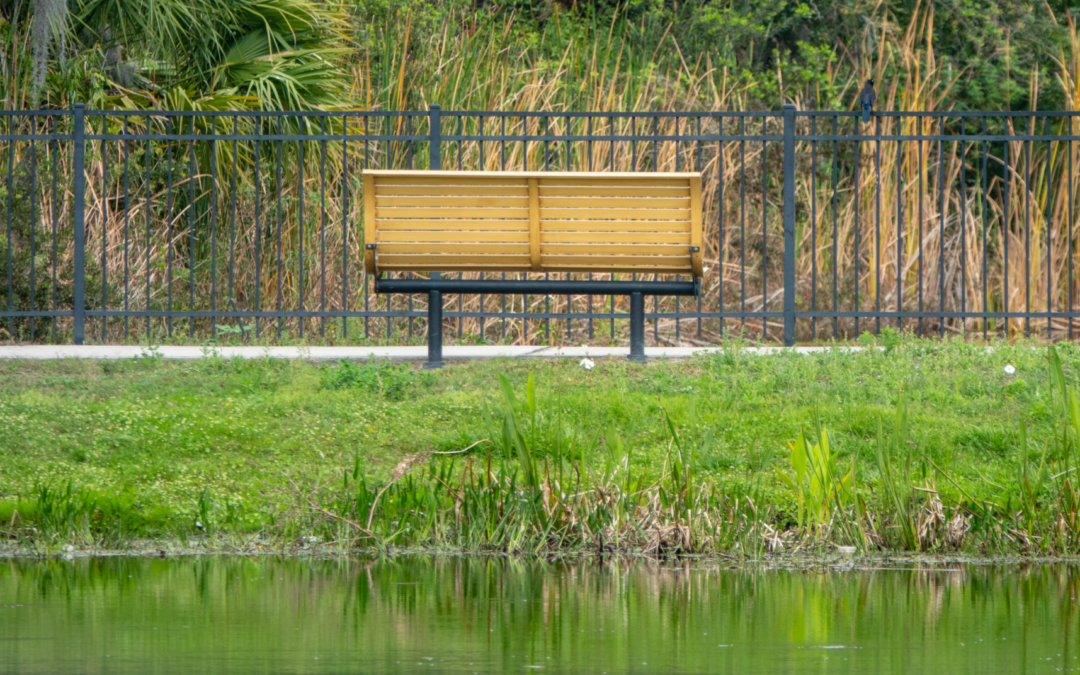
by electriclemonade | Nov 8, 2024 | Detention Pond, Retention, Stormwater Management
Hurricane Helene hit Georgia this year and left a lasting impact with massive rainfall, flooding, and high winds. While many have already undergone the recovery process, there is still work to be done for Georgia properties to recover. Commercial property owners and...
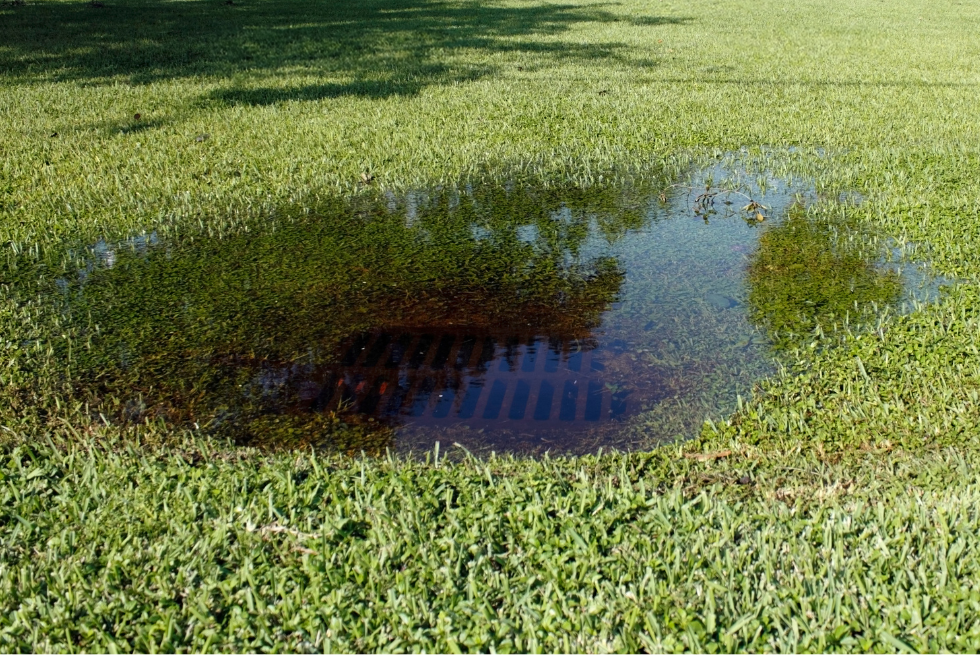
by electriclemonade | Sep 25, 2024 | Detention Pond, Retention, Stormwater Management
Proper drainage is essential for protecting your property from water damage, soil erosion, and structural issues. Whether you own a residential or commercial property in Georgia, understanding the signs that indicate a need for drainage service is crucial! Let’s...







